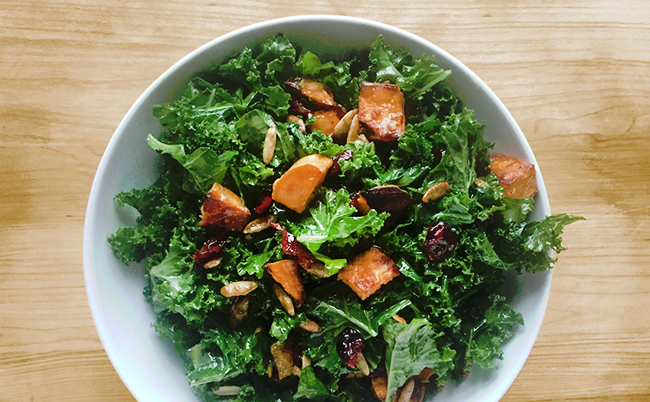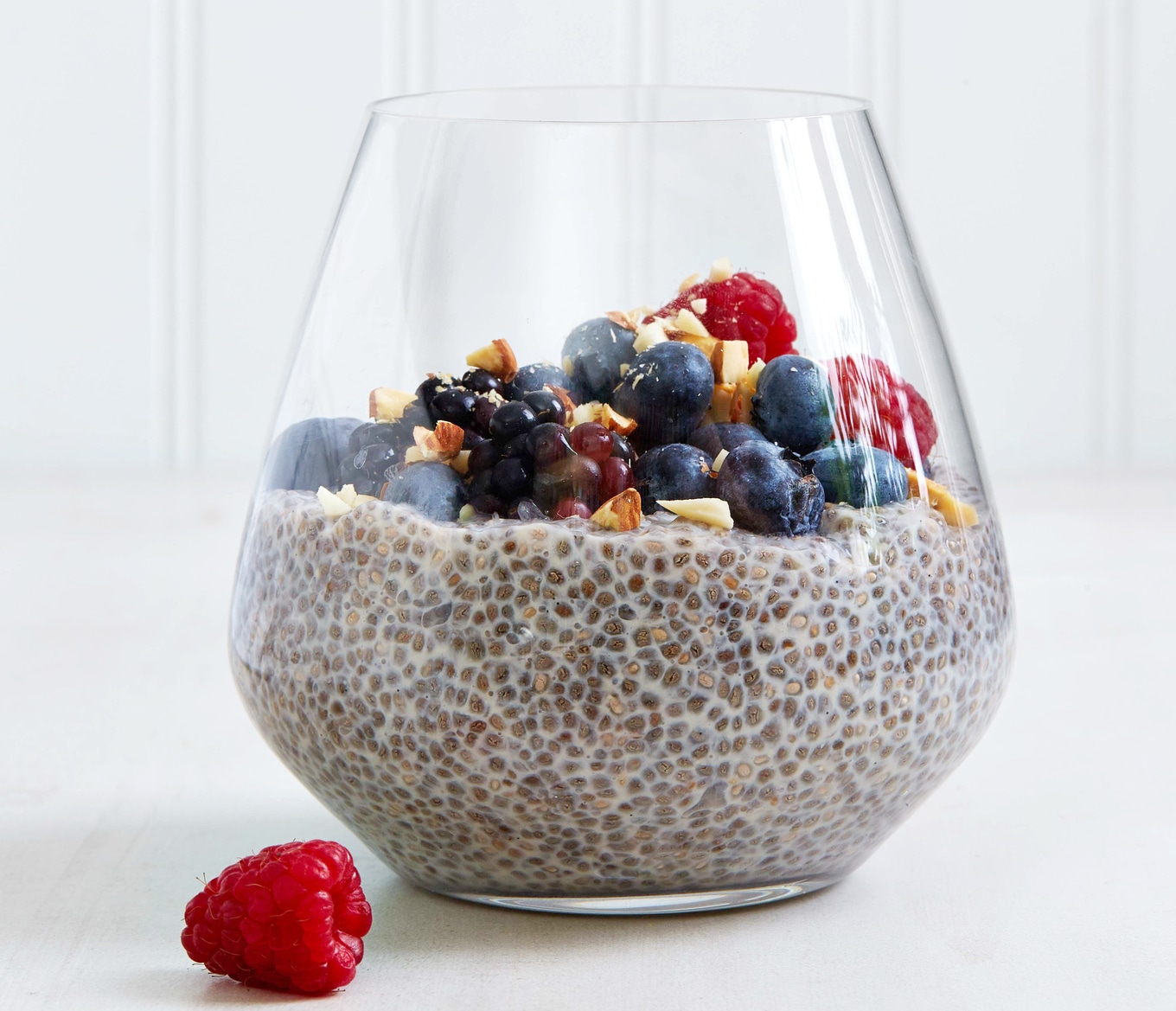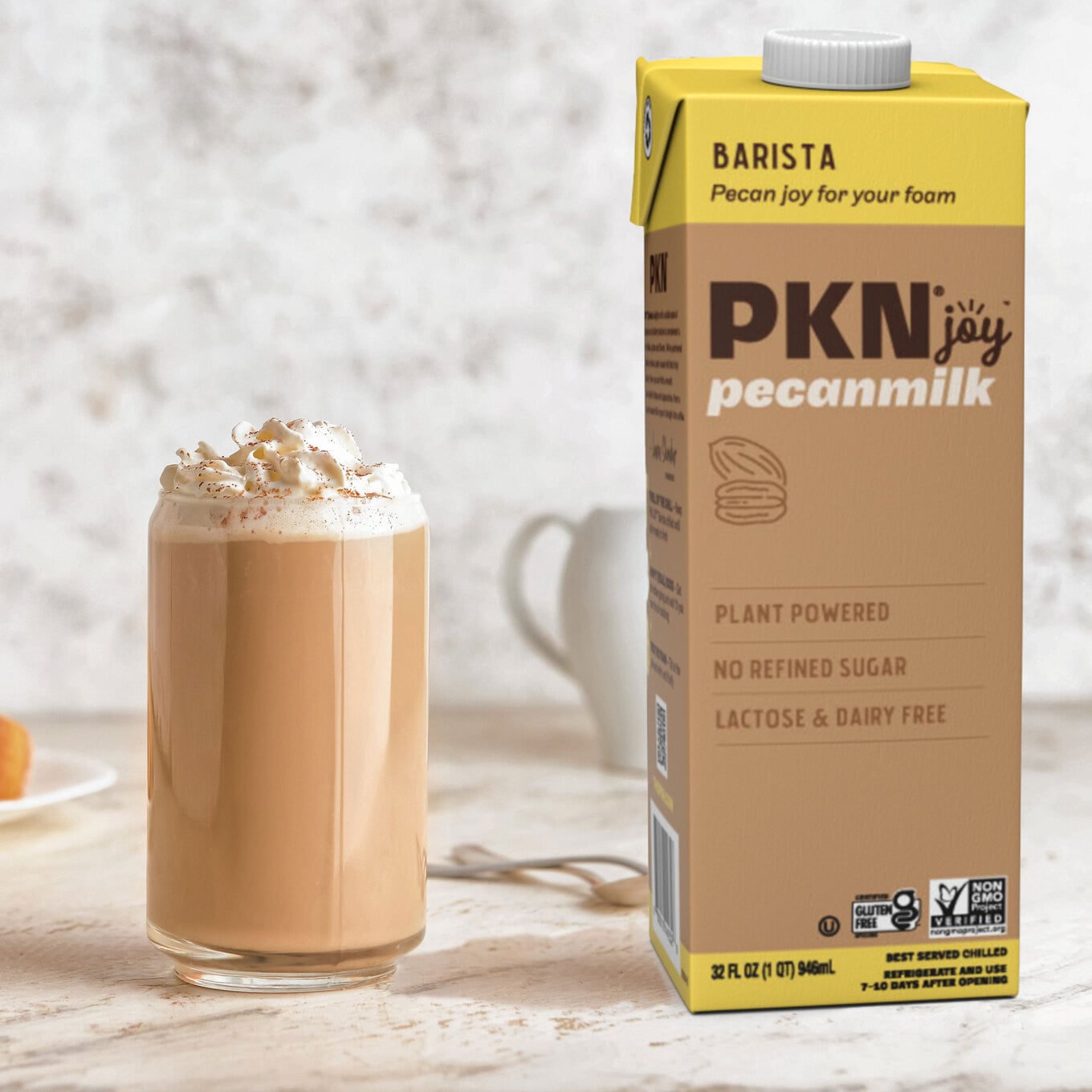Right now, nearly seven million Americans are living with dementia, and without any major medical breakthroughs, by 2060, this number could rise to almost 14 million. There are many reasons why cases are rising—one of the biggest is that as a society, we are living longer than ever. According to the World Health Organization, today, “most people can expect to live into their sixties and beyond,” and by 2030, one in six people around the world will be 60 or over. This, of course, means that age-related diseases like dementia will be more common.
But aging isn’t the only factor that can lead to a higher risk of dementia. Research suggests that genetics also play a role, as well as modifiable factors like smoking, alcohol use, and diet. This means that some things are within our control—in fact, research suggests that making some simple lifestyle changes might help to reduce the risk of developing the disease, or at least delay its development.
One recent study from Queen’s University Belfast, for example, suggested that consuming more foods and drinks that are rich in flavonoids—a compound found in plant-based ingredients—could reduce the risk of developing dementia by as much as 28 percent.
The benefits of eating more flavonoids don’t end here. Research suggests that because of their antioxidant and anti-inflammatory benefits, these plant compounds may also reduce the risk of other common diseases, like heart disease, cancer, and diabetes. But how do you eat more of them? It turns out, it’s as simple as snacking on berries, drinking more tea, and cooking with leafy greens.
Pexels
Table of Contents
What are flavonoids?
According to Christine Byrne, MPH, RD—the owner of Ruby Oak Nutrition in Raleigh, NC—flavonoids are technically phytochemicals, which means they have an antioxidant and anti-inflammatory effect on the body. They’re not quite like essential vitamins and minerals, like vitamin C, iron, magnesium, and so on, as there are no recommended targets for their consumption, but they are still incredibly beneficial for our health.
There are six different subtypes of flavonoids; these include flavanols, flavan-3-ols, flavones, flavanones, isoflavones, and anthocyanins, and research shows that they all have beneficial properties.
In 2015, one study published in the Journal of Translational Medicine, suggested that the flavonoids in soy, tea, and cocoa products were associated with a lower risk of cardiovascular disease, for example. In 2011, research published in the Pharmacognosy Review suggested that flavonoids may even help to stop cancer cells from multiplying. In 2018, one meta-analysis published in Medicine (Baltimore) found that flavonoids may also decrease the risk of type 2 diabetes.
“There are so many evidence-based health benefits of eating lots of [flavonoid-rich foods],” Byrne told VegNews. “Studies show that consuming flavonoids is associated with a reduced risk of heart disease and cognitive decline. In your body, flavonoids help regulate your blood pressure, prevent plaque buildup in your brain, and reduce inflammation in your brain.”
 Pexels
Pexels
Are flavonoids good for the brain?
In the study from Queen’s University Belfast, researchers analyzed data from more than 120,000 UK adults and suggested that consuming six additional servings of flavonoid-rich foods per day could reduce the risk of dementia significantly.
“Our findings show that consuming six additional servings of flavonoid-rich foods per day, in particular berries, tea, and red wine, was associated with a 28% lower risk of dementia,” the authors concluded. “The findings were most noticeable in individuals with a high genetic risk, as well as in those with symptoms of depression.”
“Currently, there is no effective treatment for [dementia], so preventive interventions to improve health and quality of life—and reduce social and economic costs—should continue to be a major public health priority,” the study’s first author, Amy Jennings, PhD, said to The Guardian.
Flavonoids are particularly beneficial for brain health because of their powerful antioxidant properties. While all of our organs are susceptible to oxidative stress, which occurs when free radicals (unstable molecules) damage cells, research shows our brains are particularly vulnerable. But flavonoids help to neutralize the free radicals, which helps to protect our brain cells from damage.
Flavonoids also may help to reduce the chronic inflammation in our brains that has been linked to neurodegenerative diseases, like Alzheimer’s and Parkinson’s disease. The plant compounds may even help to promote the growth of new neurons in our brains and, as Byrne explained, block plaque buildup, which is a major risk factor for dementia.
What foods are high in flavonoids?
When it comes to choosing foods high in flavonoids, Byrne says you don’t really need to do anything special. Just head to the grocery store and stock up on fruits and vegetables.
“Most of these foods are widely available and don’t require any special preparation. As long as you’re getting several servings of fruits and veggies throughout the day, you’re probably consuming flavonoids,” Jennings said.
She adds that these foods also come with many other benefits, so it’s worth thinking of your diet in the bigger picture. Just eat plenty of plant-based foods, and you’ll be on the right track. “I like to tell my clients not to get too laser-focused on one compound or nutrient, and instead to eat a varied diet that packs a wide range of different macronutrients, vitamins, minerals, and other potentially beneficial compounds,” notes Byrne.
But if you are interested in finding out which foods are particularly rich in flavonoids, we’ve compiled five of the best below (alongside tasty recipe inspiration, of course).
1 Leafy greens
“Leafy foods like cabbage, lettuce, kale, and herbs are high in flavonoids,”says Byrne. These foods are also a great source of vitamins, including vitamin A, vitamin C, and vitamin K, as well as minerals like iron, magnesium, and potassium. In fact, the Centers for Disease Control and Prevention (CDC), calls leafy greens “powerhouses of nutrition”
Try it in a recipe: Warm Kale Salad With Roasted Sweet Potatoes
2 Berries
We all need to eat more berries. In fact, according to the CDC, only around 12 percent of American adults eat enough fruit. As well as flavonoids, berries are rich in fiber, vitamin C, potassium, magnesium, and vitamin K.
Try it in a recipe: Vegan Chia Berry Breakfast Pudding
3 Citrus fruits
Citrus fruits, like lemons, oranges, and grapefruit, are rich in flavonoids, vitamin C, and soluble fiber, which helps to support the digestive system and lower levels of LDL cholesterol (which is another risk factor for heart disease). As an added benefit, citrus helps to make meals taste great by balancing out flavors when cooking.
Try it in a recipe: Vegan Buttery Lemon Pasta With Cashew Cream
4 Tea
“Tea is another great source of flavonoids since the dried leaves have high amounts,” explains Byrne. It’s easy to add tea to your daily routine—green tea, oolong tea, and black tea all have significant quantities of flavonoids.
Try it in a recipe: Iced Peach Green Tea
5 Cocoa
Yep, great news for everyone with a sweet tooth: “Cocoa beans are also high in flavonoids, which means chocolate and cocoa-flavored foods are also a good source,” confirms Byrne. On top of this, chocolate contains phenylethylamine, which is a compound that can help to stimulate the release of dopamine and endorphins (which basically means it makes you feel good!).
Try it in a recipe: Silky Vegan Sweet Potato Chocolate Mousse











